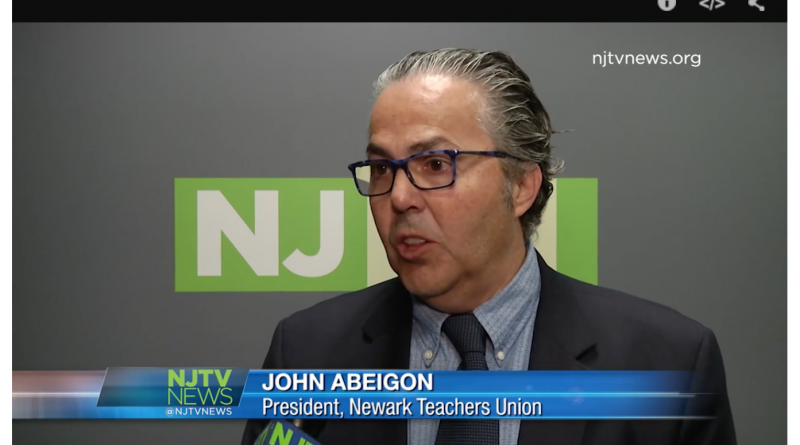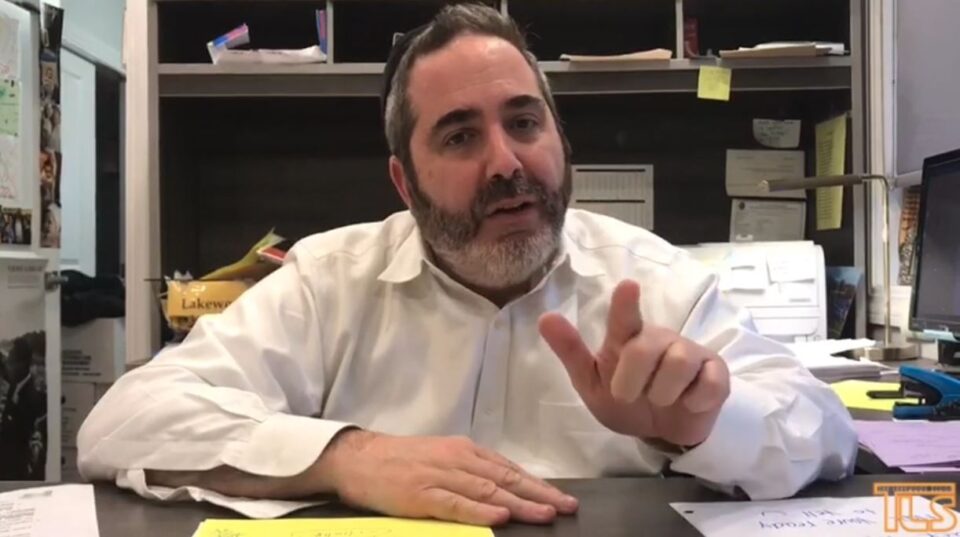Why We Need a New Education Law with Federal Oversight
July 13, 2015New Jersey Loses under Proposed Redistribution of Title I Money
July 14, 2015Why the Current ESEA Draft Will Hurt Vulnerable Children
Last Wednesday the U.S. House of Representatives passed an emasculated rewrite of NCLB called the Every Child Achieves Act (ECAA). To be fair, consensus is a hard slog because NCLB has become the scapegoat for everything everyone loves to hate about K-12 education: rigid rules, unrealistic expectations, fill-in-the-bubble tests, data-mania. So it’s understandable, if educationally-unsound, that the GOP-dominated House choose to go all laissez-faire on us and whittle the teeth of federal oversight down to nubs.
But let me tell you this: ECAA is way wrong for my kid, as well as other children with disabilities.
I’m an informed parent with strong lungs but, pre-NCLB, my school district was under no pressure to have reasonably ambitious goals for my special needs son. Trust me on this: you don’t know from the “soft bigotry of low expectations” until you’ve read an Individualized Education Plan that substitutes vague platitudes for measurable benchmarks. Call me a cynic, but “trust but don’t verify,” the essence of the House bill that requires data collection but leaves it to a state’s druthers to take action or not, is a sure trajectory to inadequate educational services.
And, if the Senate’s draft is as ball-less as the House’s version, then we’re all taking a ride in my personal wayback machine.
Throughout NCLB, children with disabilities have been tested on proficiency levels, just like everyone else. (Two percent of those with the most severe disabilities are exempt from standardized testing.) If my district’s subgroup of special needs kids falls below proficiency levels, then there are consequences. My child’s academic growth counts because the district has to count him as part of a cohort of children with disabilities. And if this cohort fails to make adequate progress, then the district is subject to corrective action plans.
So you can understand why it’s scary for a special needs mom to contemplate an educational environment where federal law requires states to publish disaggregated student outcomes – a great first step and encoded in ECAA – but fails to mandate intervention. Spreadsheets and a metrocard will get you a ride on the subway.
(The National Center for Learning Disabilities explains that a “needed change” in ECAA is that “states must identify and ensure that evidence-based intervention occurs in both low-performing schools and low performing subgroups in any school: States must be required to identify, in a timely fashion, and support the lowest performing schools – both schools where all students are underachieving and schools where particular subgroups of students are not meeting proficiency goals and then take steps to close the gap between the lowest performing schools and the highest performing schools and between all subgroups. “)
Equally scary is the amendment to ECAA, offered by Arizona Republican Matt Salmon, which would allow parents to opt their kids out of annual standardized testing and forbid the feds from intervention. The amendment passed the House, even though statistically-significant numbers of test refusals undermines district and state analyses of student proficiency. Curiously, this facilitation of opting out echoes a resolution just passed overwhelmingly by the National Education Association during its recent Delegate Assembly: “The NEA will work within existing infrastructure to engage and leverage our current partnerships with parents and families to support a national opt out/test refusal movement.”
If parents are urged by unions and other anti-accountability groups to opt their kids out of standardized tests (and New Jersey is a perfect example of this phenomenon) then districts will be unable to accurately gauge student growth. Parents like me, whose children are part of historically-underserved subgroups, will no longer be able to tell whether local districts are adequately educating their children.
Two more thoughts. First, there’s a sense in which a state’s cohort of students with disabilities serves as a proxy for economically-disadvantaged children. Poverty is a kind of educational disability, although it’s a disability that is not developmental — i.e., a result of permanent neurological differences — but one that is remediable. In other words, poor children often come to school underprepared to learn but fully capable of flourishing. In this sense their failure to make adequate progress is more tragic. My son will always be disabled but poor children can overcome their challenges through various interventions and supplemental services.
That’s why major civil rights groups wrote a letter to the U.S. Senate explaining that they couldn’t back a bill that relied on the paper tiger of “assurances” by states that they were meeting their students’ needs. “While there are fewer limitations on the authority of the Secretary of Education than were included in the Chairman’s discussion draft,” these civil rights leaders say, “there remains insufficient federal oversight to ensure that the law is faithfully executed as Congress intends. The Secretary must have sufficient authority to ensure the law is appropriately implemented and the most vulnerable students are protected.”
Second, I get the outrage of parents who feel put upon because their children have to sit through standardized tests. This is the rallying cry of the opt-out sensibility: how dare a school/district/state waste my child’s instructional time on much-maligned PARCC tests! (And, more to the point and the genesis of the teacher union conflagration, how dare a district gauge teacher effectiveness on student outcomes.) But these parents, typically suburban and upper-class, are choosing to undermine the ability of schools and states to accurately gauge the performance of children with disabilities and children with economic hardships.
So here’s hoping that the Senate manages to pass an ESEA rewrite that maintains the moral center of federal education law. Defang the excesses of NCLB all you want, but leave the the teeth of federal authority. Otherwise, our most vulnerable children will suffer the consequences.




